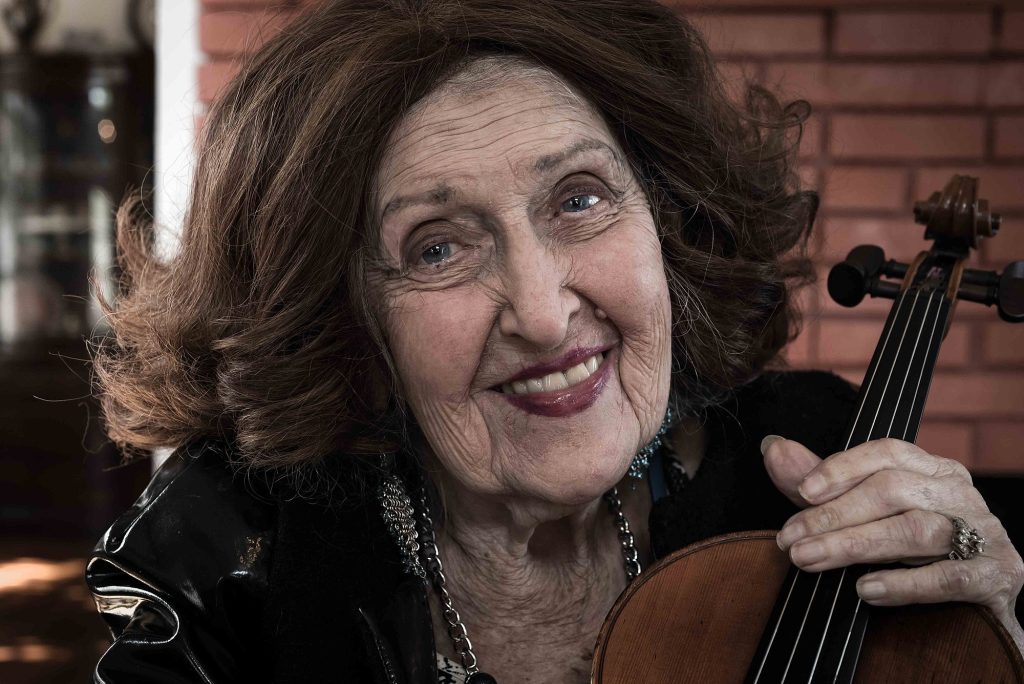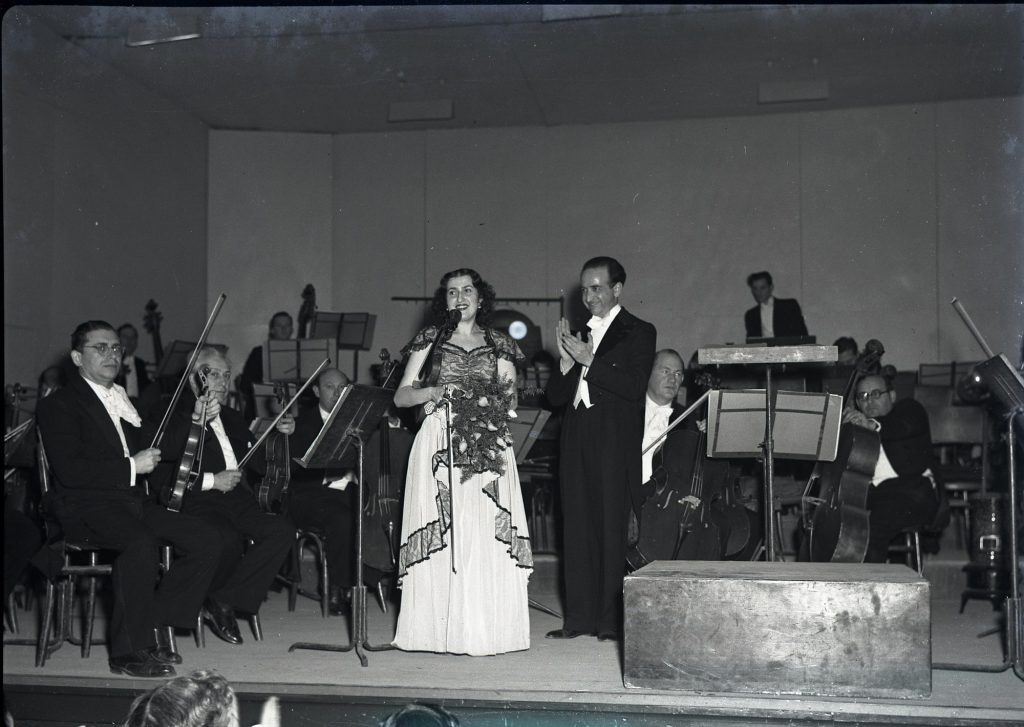
Ida Haendel was a renowned violinist known for her virtuosity and musicality. She was born in Chelm, Poland, in 1928, and began playing the violin at the age of three. Her extraordinary talent was recognized at a young age, and by the age of seven, she was already performing in public concerts.
In 1936, Haendel moved with her family to London, England, where she continued her studies with renowned violinist Carl Flesch. She made her debut with the London Symphony Orchestra at the age of 11, and soon after, began performing with major orchestras around the world.
During her career, Haendel worked with some of the greatest conductors of the 20th century, including Sir Edward Elgar, Sir Thomas Beecham, and Leonard Bernstein. She also collaborated with some of the most esteemed musicians of her time, such as pianist Arthur Rubinstein and cellist Pablo Casals.
As a performer, Haendel was known for her intense and passionate approach to music. She was a master of both classical and contemporary repertoire, and her interpretations of works by Bach, Beethoven, Brahms, and Tchaikovsky are regarded as some of the finest in the history of the violin.
In addition to her performing career, Haendel was also a dedicated teacher. She taught at institutions such as The Juilliard School, The New England Conservatory of Music, and the Royal College of Music in London. Her students included many accomplished violinists, such as Nigel Kennedy and Midori.
Haendel received numerous awards and accolades throughout her career, including the Order of Canada and the Polish Order of Merit. She continued to perform and teach well into her 90s, and remained an inspiration to generations of musicians.
Ida Haendel passed away on July 1, 2020, at the age of 91. She will be remembered as one of the greatest violinists of the 20th century, whose passion, artistry, and dedication to music touched the lives of countless people around the world.

